BHS Students and Faculty Attend Women’s March on D.C. and Montpelier
A woman raises her first in the air as thousands of people gather for the Women’s March on Washington on Jan. 21. The event took place the day after the Inauguration. | Photo: Emma Chaffee/ Register
February 3, 2017
On Saturday, Jan. 21, millions of people worldwide took part in marches for women’s rights. Outside of the main event in Washington, there were marches in all 50 states, as well as 56 countries outside of the U.S. The catalyst for this international day of protest was the victory of Donald Trump, whose positions are viewed by many protesters as misogynistic. As the protest developed, it grew to highlight all human rights including LGBTQ rights, racial equality, religious freedom, workers’ rights, immigration reform, healthcare reform and conservation.
The D.C. metro police estimated that there were around 1.3 million people in Washington D.C. for the march. There were people covering every inch of the the streets and sidewalks.
From around 10:00 A.M. to 5:00 P.M., folks on Independence Ave stood still in one spot, unable to move elsewhere, and watched screens set up every 100 feet or so. These screens were broadcasting live the events that were happening on the stage just a few blocks up. Despite this long wait, people cheered energetically as speaker after speaker/performer graced the stage. Speakers, such as Cecile Richards (the president of Planned Parenthood), Ilyasah Shabazz (the daughter of Malcolm X), Gloria Steinem, Angela Davis, Scarlett Johansson, Michael Moore, Alicia Keys and many, many more spoke about the issues that had led people to march, and also about what individuals could do to make change.
Burlington High School women traveled to Washington, DC and some to a sister march in Montpelier, VT to march in solidarity with women across the globe.

Ruby Smith and Lena Stier, both juniors, traveled to DC.
“My favorite part of the March was how safe and positive everything was,” Smith said. “It was completely nonviolent. The DC metro police estimated that 1.3 million people attended, and there was not one arrest. That’s amazing.”
Stier’s two signs at the march read, “Respect Existence Or Expect Resistance,” and “Stand with trans women, women of color, queer women, and Muslim women.” She was thrilled to see that thousands at the march shared her same beliefs.
“I loved that it was a mix of representation for racial equality, gender equality, LGBTQ+ rights, and reproductive rights.”
Allie Brown, also a BHS Junior, attended the march in DC and believes it was a life changing experience.
“The March was just the motivation I needed to stay ‘woke’ in the future. It reminded me that this fight isn’t over and we still have so much work to do, but that we are ready.”
Brown also felt that the march made it even more clear to her how necessary it was to address privilege.
“I’m a white middle class girl born in the U.S. I’ve won the lottery when it comes to privilege. If I don’t act on that then I haven’t done my job. For me, the march reminded me to keep fighting for the millions of women and girls who haven’t been given the opportunities that I have. Like the women who will be affected by Trump’s recent removal of funding to organizations that assist women with health care. We need to fight for those women.”
BHS English teacher Robert Bohn attended the Women’s march on Montpelier.

“My favorite part was seeing both men, women and children reacting in solidarity to a clearly misogynistic president.”
The march, for Mr. Bohn, was a source of hope.
“I was just glad to live in a country where this kind of protest could go on without people being shot, without people being arrested, and, I don’t know if it will hold the president accountable, this kind of thing, because I don’t think he cares, but I think it holds me and my fellows accountable.”
Junior Hawa Adam also attended the march in Montpelier with her slam poetry group Muslim Girls Making Change (MGMC). Hawa performed in front of the ~20,000 people in Montpelier, and felt it was an inspiring experience.
“Just seeing the phenomenal amount of people that ended up coming there- it was incredible.”



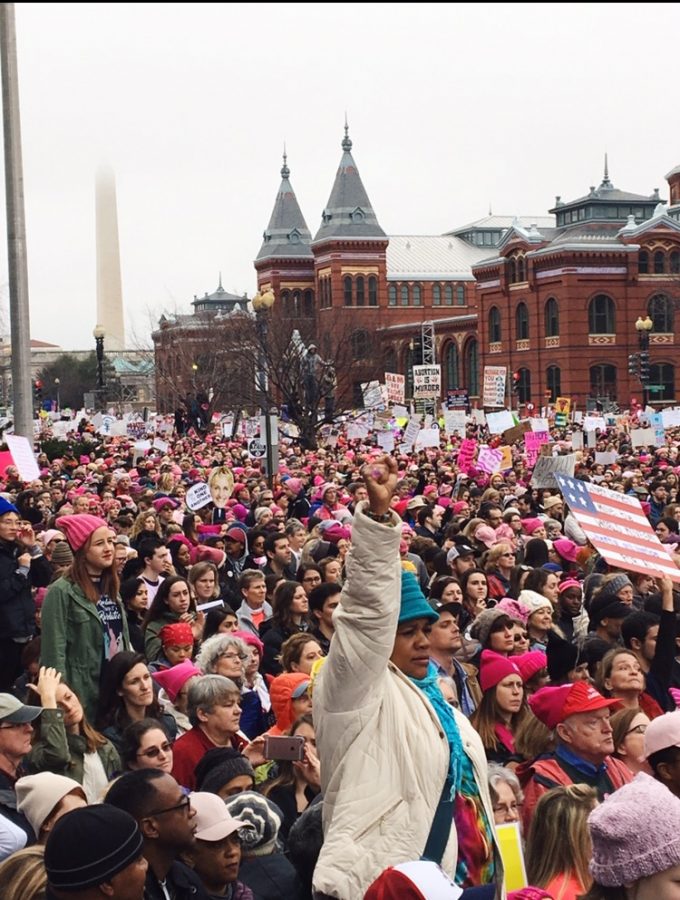

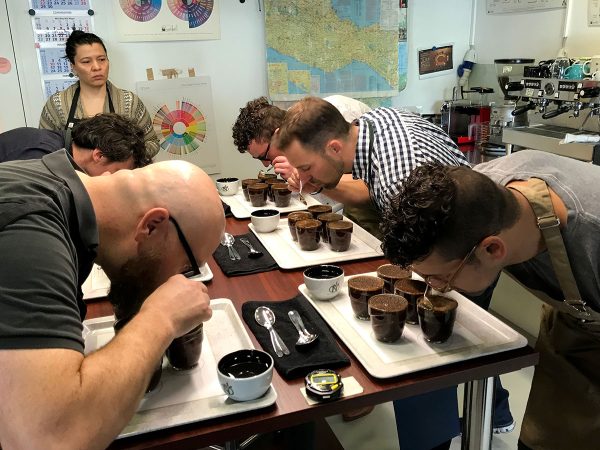
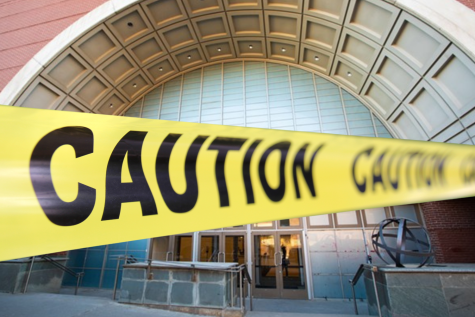
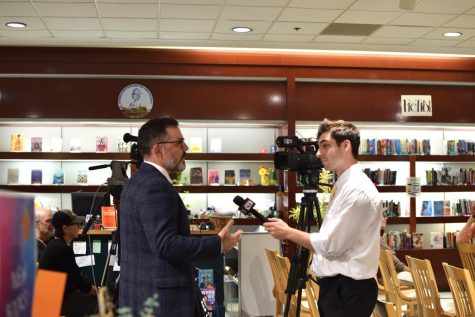
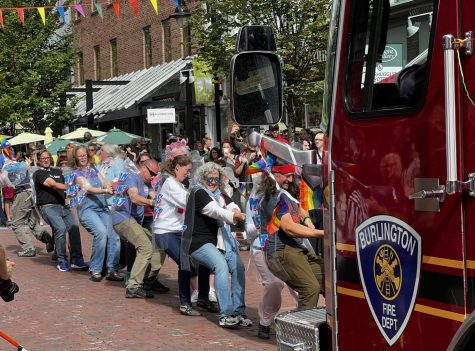
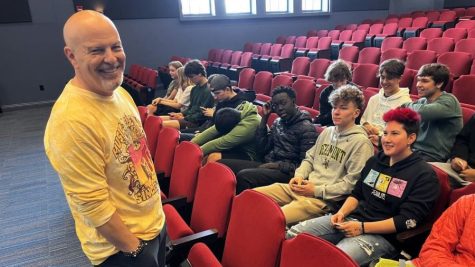
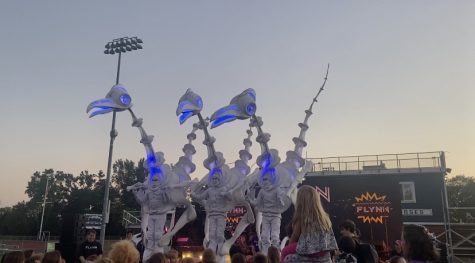
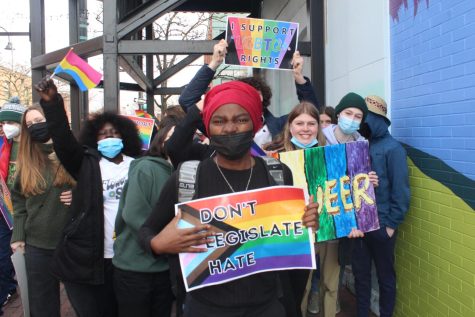
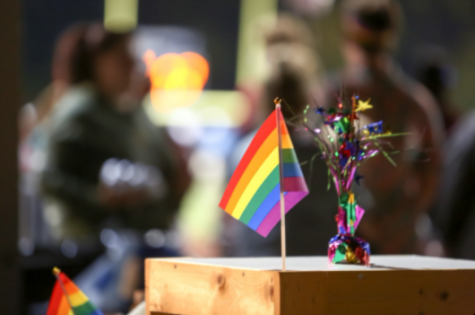
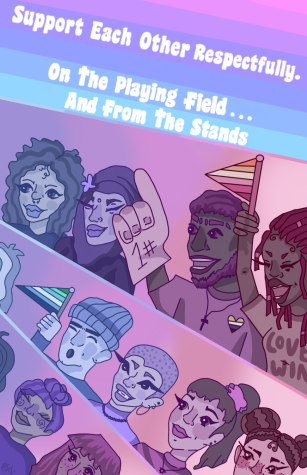
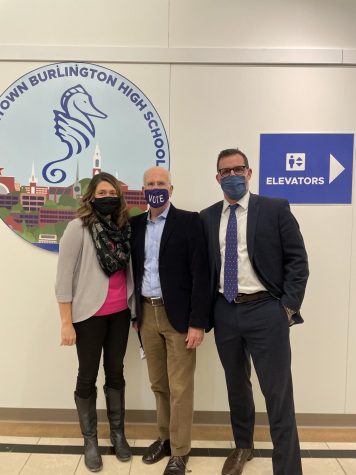

Allison Kozikowski • Dec 5, 2020 at 6:51 pm
See earlier. Please and thank you!
This is not a duplicate!
Allison Kozikowski • Dec 5, 2020 at 6:50 pm
See earlier please!
Not a duplicate!
Allison Kozikowski • Dec 5, 2020 at 6:49 pm
See earlier please!
Allison Kozikowski • Dec 5, 2020 at 6:47 pm
I do not see a duplicate here but I am terribly brain injured!
I have nothing more to say except I do not want you guys to have my photo. I’m proud of how I look but embarrassed by it. But thank you anyway! As our daughter used to say when we would ask her to do something she didn’t want to do..
‘No thank you, but thank you for asking.’
And you do not have my permission to use my photo from any source that you find it.
So, no thanks!
Have a nice weekend!
Allison Kozikowski • Dec 5, 2020 at 6:45 pm
I have nothing more to say except I do not want you guys to have my photo. I’m proud of how I look but embarrassed by it. But thank you anyway! As our daughter used to say when we would ask her to do something she didn’t want to do..
‘No thank you, but thank you for asking.’
And you do not have my permission to use my photo from any source that you find it.
So, no thanks!
Have a nice weekend!
Allison Kozikowski • Dec 5, 2020 at 6:45 pm
I have nothing more to say except I do not want you guys to have my photo. I’m proud of how I look but embarrassed by it. But thank you anyway! As our daughter used to say when we would ask her to do something she didn’t want to do..
‘No thank you, but thank you for asking.’
And you do not have my permission to use my photo from any source that you find it.
So, no thank you!
Have a nice weekend!
Allison Kozikowski • Dec 5, 2020 at 6:44 pm
I have nothing more to say except I do not want you guys to have my photo. I’m proud of how I look but embarrassed by it. But thank you anyway! As our daughter used to say when we would ask her to do something she didn’t want to do..
‘No thank you, but thank you for asking.’
And you do not have my permission to use my photo from any source that you find it.
So, no thank you but thank you for asking!
Have a nice weekend!
Allison Kozikowski • Dec 5, 2020 at 6:38 pm
I wish I could have been at one of the marches. I had a stroke six years ago and because of Covid19.haven’t been home in a couple years at least. I haven’t lived there for six to seven. I used to travel and work out a lot. Now I cannot even walk on my own without a walker and may not ever again. I’m sad but not depressed. I don’t hate Donald Trump. I just cannot fuckin’ stand him. I don’t think he’s really prolife anyway. And neither does a Trump supporter that I know. He’s a racist orange pig. Well everyone is
a bit racist. And my husband and I have a dark skinned Filipino and a gay kid. They are all adults thank goodness. I don’t care if you support Trump. I certainly do not agree with you though. He’s an orange racist PIG. Ewww. What the was his wife thinking. And I know people who were at the Montpelier march and they are prolife. I wish I had been there. I grew up around there. I know a couple people who were at the Montpelier march. I wasn’t . but I know people who were and one of them is pro life. They are just afraid to say it. I think a lot of pro life people are afraid. I sometimes am. I am so brain injured now that I cannot keep my mouth shut. All of our kids are pro life except one. He is considering it thank goodness and most of my friends are too. I have a lot of friends and a small but wonderful family. I haven’t been at home for years because of Covid 19.
I do hate that virus and pray that I will get a vaccine soon. Yes, I do pray. I think God loves everyone and who knows if anyone is in Hell. Maybe I will be for being so self righteous. Pray for me please if anyone reads this, please and thank you! Thank you for taking the time to read this and pray for our awful president whom I definitely feel sorry for. Imagine being he? Horrors!